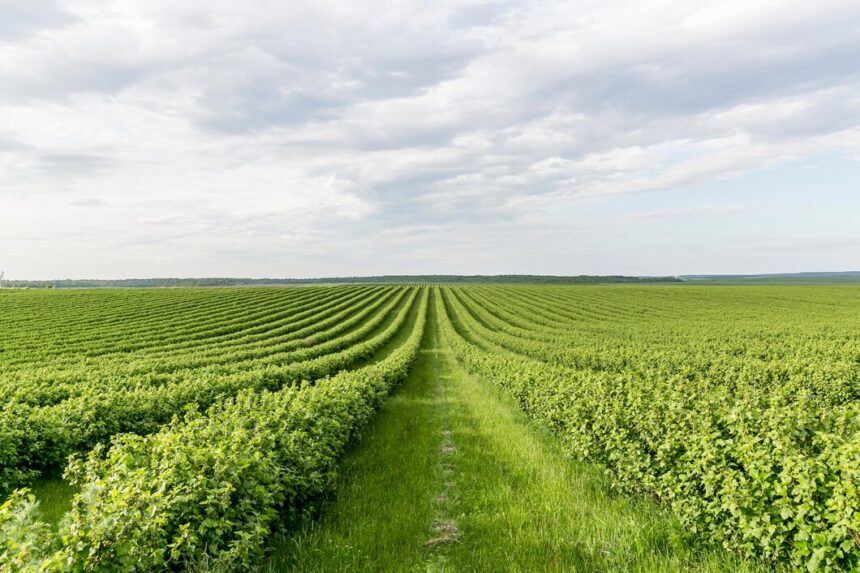South Africa boasts a diverse agricultural landscape, with fertile soils and favorable climatic conditions that support the cultivation of a wide range of crops. However, like farmers around the world, South African agricultural producers face challenges such as fluctuating weather patterns, soil degradation, and pest pressure. To meet the growing demand for food while ensuring the sustainability of their operations, farmers can implement various techniques to increase crop yields. Here are ten strategies that South African farmers can employ to maximize productivity and profitability:
1. Soil Health Management:
Investing in soil health is critical for optimizing crop yields. South African farmers can enhance soil fertility and structure through practices such as cover cropping, crop rotation, and the application of organic amendments like compost and manure.
2. Precision Agriculture:
Embracing precision agriculture technologies, such as GPS-guided machinery and remote sensing, allows farmers to optimize input use, minimize waste, and maximize yields by tailoring management practices to specific field conditions.
3. Irrigation Efficiency:
Efficient water management is essential in water-scarce regions like South Africa. Implementing drip irrigation, mulching, and soil moisture monitoring can help farmers minimize water waste and ensure that crops receive the right amount of moisture at the right time.
4. Integrated Pest Management (IPM):
Adopting an IPM approach involves using a combination of biological, cultural, and chemical control methods to manage pests while minimizing environmental impact. This includes practices such as crop rotation, habitat manipulation, and the targeted use of pesticides.
5. Crop Diversification:
Diversifying crop rotations can help farmers spread risk, improve soil health, and enhance pest and disease management. By growing a variety of crops with different growth requirements and market demand, farmers can optimize land use and maximize yields.
6. Hybrid and Improved Seed Varieties:
Planting high-yielding hybrid and improved seed varieties adapted to local growing conditions can significantly increase crop yields. These varieties are often bred for disease resistance, drought tolerance, and other desirable traits that contribute to higher productivity.
7. Fertilizer Management:
Balancing nutrient inputs through precision fertilizer application and soil testing ensures that crops have access to the essential nutrients they need for optimal growth and development. This helps prevent nutrient deficiencies or excesses that can limit yields.
8. Conservation Agriculture:
Conservation agriculture practices, such as minimal tillage, permanent soil cover, and diversified crop rotations, promote soil conservation, water retention, and biodiversity while improving crop yields and resilience to climate variability.
9. Post-Harvest Management:
Proper post-harvest handling and storage are crucial for preserving crop quality and reducing losses. Implementing practices such as timely harvesting, proper drying, and pest control measures can help farmers maintain crop quality and marketability.
10. Continuous Learning and Innovation:
Staying informed about the latest agronomic research, technologies, and best practices is essential for continuous improvement. Participating in farmer field schools, attending workshops, and networking with other producers can provide valuable insights and opportunities for innovation.
By implementing these techniques and staying adaptive to changing conditions, South African farmers can enhance their resilience, productivity, and sustainability, ensuring a bountiful harvest for years to come. Through a combination of science, technology, and traditional wisdom, farmers can cultivate success while contributing to food security and economic prosperity in South Africa.
Join 'Farmers Mag' WhatsApp Channel
Get the latest Farming news and tips delivered straight to your WhatsApp
CLICK HERE TO JOIN






